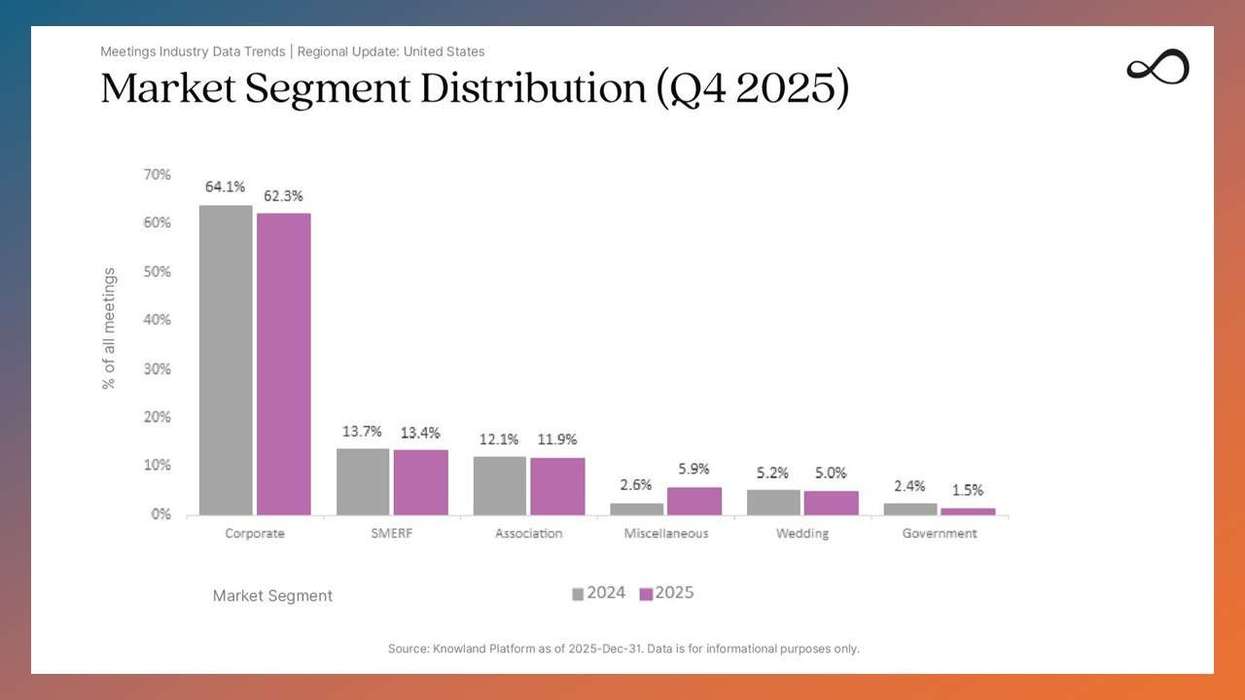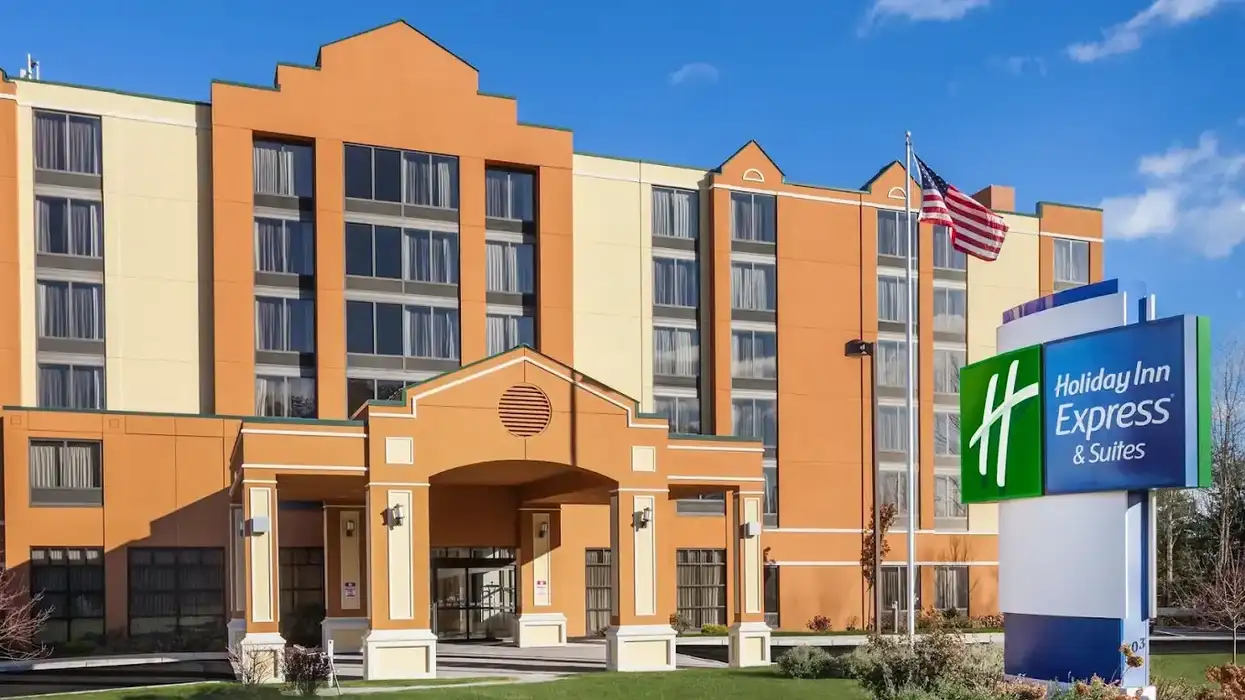JUST OVER ONE year ago, Marriott International severed its support for AAHOA over the association’s 12 Points of Fair Franchising and support for franchise reform legislation in New Jersey. At AAHOA’s 35th Annual Convention & Trade Show this year in Orlando, Marriott came back, albeit with its status remaining unclear.
Also, AAHOA made alterations to the 12 Points aimed at providing more protection for members in the event of the franchiser’s acquisition by another company. Also at AAHOACON24, Miraj Patel became the youngest chairman in the history of the association, Pinal Patel became its new secretary and immediate Past Chairman Bharat Patel and AAHOA President & CEO Laura Lee Blake spoke on how the history of the association led to its success.
Marriott welcomed back
Bharat Patel first mentioned Marriott’s return during his speech in the general session. He was talking about the need for AAHOA to continue to support fair franchising to maintain a seat at the table with franchisers.
“We absolutely must work together with brands as close business partners, working together in a transparent, equitable and productive way,” Bharat said. “This also means we must continue making our voices heard. That's why I'm so encouraged that Marriott [International] made the decision to be part of our convention here this week.”
Later in the day, Liam Brown, Marriott’s group president for the U.S. and Canada took to the stage.
“I just really want to express my gratitude to the board for extending this invitation to me, it is an absolute honor to be here,” Brown said. “I have many friends in this community whose advice and wisdom and friendship I value immensely. As someone who has always valued the importance of community and collaboration, I'm genuinely happy to have the opportunity to engage with you all.”
Brown went on to discuss the close relationship Marriott, and he, had had with AAHOA in previous years.
“It has been a very mutually beneficial relationship. I was also the first Marriott executive to come and address on the main stage back in 2007, in San Antonio,” Brown said. “I had many conversations about how Marriott would participate and partner with AAHOA and he honored me with an opportunity to talk with you back then.”
Brown did not elaborate on Marriott’s exact status with AAHOA but implied that negotiations were still ongoing.
“I also want to emphasize that the door with Marriott is always open,” Brown said. “Like reasonable people, we may sometimes disagree, but we have far more in common than we have in conflict. Our shared values and aspirations provide a solid foundation for us to continue working together towards our mutual goals.”
Brown said there are many challenges in the hospitality business today.
“I really, really believe that by keeping the lines of communication open and leveraging our collective expertise, we can overcome these challenges together and be a real force for good in our industry,” Brown said. “We should be focused on ensuring the long-term success of this industry that has given all of us so much. We do that by talking to one another and engaging with one another.”
At a press conference with AAHOA officers during the convention, Bharat clarified that, in fact, AAHOA and Marriott are still in negotiations.
“Marriott wants to see show that there is a relationship still with AAHOA and we have some key differences,” Bharat said. “We're trying to work through those key differences and make sure that the two organizations are on a similar page moving forward. So, [Brown’s appearance] was his way of showing that look, Marriott here, we're engaging and we want our membership to know that they respect our membership. They need our membership.”
Inserting an escape clause
Part of the cause for Marriott’s original boycott of AAHOA, the 12 Points of Fair Franchising, underwent a revision recently, according to an announcement made during the convention. AAHOA’s board of directors added to Point 12: Sale of the Franchise System Hotel Brand(s) a best practices recommendation that each franchise agreement include a “change of control” clause to protect the franchisees in the event of a purchase, sale, acquisition or merger of one or more hotel brands between franchisers.
“Each time a franchisor has acquired one or more brand hotels of another franchisor, the hotelier Franchisees have been the most impacted,” the AAHOA statement said. “The franchisees generally have not been afforded an opportunity to exit their franchise agreements unless they pay high liquidated damages, sometimes costing hundreds of thousands of dollars or more, as mandated in their respective franchise agreements.”
A “change in control” clause would permit all franchisees to give 30 days’ prior written notice to voluntarily terminate their franchise agreements at any time within one year after a “change in control” event has been finalized.
“The revision of Point 12 speaks to the ongoing and ever-evolving landscape of hospitality mergers and acquisitions,” Bharat Patel said. “AAHOA takes great pride in educating and informing our members of best practices related to their franchise agreements, and updates to Point 12 showcase how the needs for AAHOA members continue to evolve in light of changing industry dynamics.”
Recently, AAHOA opposed Choice Hotels International’s failed effort to acquire Wyndham Hotels & Resorts based in part on a survey of members with properties in either or both franchises that found strong opposition to the proposed merger. Laura Lee Blake, AAHOA president and CEO, said the 12 Points aim to ensure fairness in the franchise/franchisee relationship.
“Revision of Point 12 underscores the fact that when mergers or acquisitions take place in our industry, they most notably affect hotel owners and franchisees,” Blake said. “It’s our hope that updates to Point 12 serve as clear-cut guidance for AAHOA member franchisees in the event of a purchase, sale, acquisition or merger of one or more hotel brands between franchisers.”






